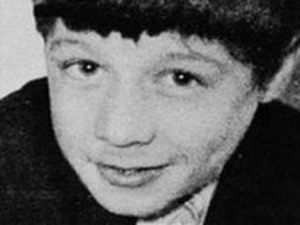
By PA News
The prosecution of two former soldiers over three deaths during Northern Ireland’s troubled past have been halted.
Soldier F was being prosecuted for the murder of two men, James Wray and William McKinney, shot during a civil rights demonstration in Londonderry on Bloody Sunday in 1972.
Soldier B was to be prosecuted for the murder of 15-year-old Daniel Hegarty in the city six months later.
The discontinuation of the high-profile prosecutions follows a review of the cases by the Public Prosecution Service (PPS) in light of a recent court ruling that caused the collapse of another Troubles murder trial involving two military veterans.
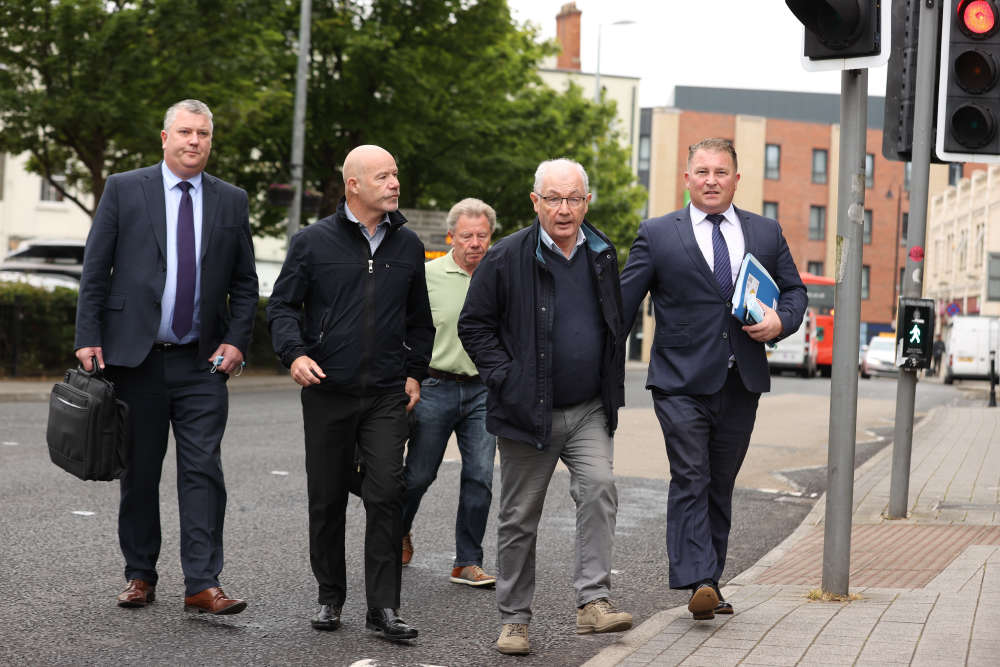
(The family of William McKinney, who was killed in the Bloody Sunday shootings in Londonderry on January 30 1972).
The Crown cases against both Soldier F and Soldier B hinged on evidence of a similar nature to that which was ruled inadmissible in April’s trial of Soldier A and Soldier C for the 1972 murder of Official IRA leader Joe McCann in Belfast.
The families of the victims in both cases were informed of the PPS decisions in private meetings in a Derry hotel on Friday morning.
Soldier F, an ex-paratrooper, was accused of murdering Mr Wray and Mr McKinney on Bloody Sunday on January 30 1972, when troops opened fire on civil rights demonstrators in Derry’s Bogside, killing 13 people.
He also stood accused of the attempted murders of Patrick O’Donnell, Joseph Friel, Joe Mahon and Michael Quinn. He faced a further supporting charge of the attempted murder of a person or persons unknown on the day.
The case against him had reached the stage of a committal hearing at Derry Magistrates’ Court to determine whether there was sufficient evidence to proceed to trial.
In the case of Soldier B, the PPS had announced in 2019 an intention to prosecute him for the murder of Daniel and the wounding with intent of his cousin Christopher Hegarty, then aged 16.
The shooting happened during Operation Motorman – an Army attempt to wrest control of no-go areas of Derry from the grip of the IRA.
Daniel and Christopher, who had gone to watch the military operation, were shot after encountering an Army patrol in the Creggan area in the early hours of July 31, 1972.
The PPS had not yet got to the stage of issuing summons to formally commence the prosecution of Soldier B – a delay caused by the veteran’s unsuccessful High Court bid to challenge the move to bring charges against him.
His planned prosecution will now no longer proceed.
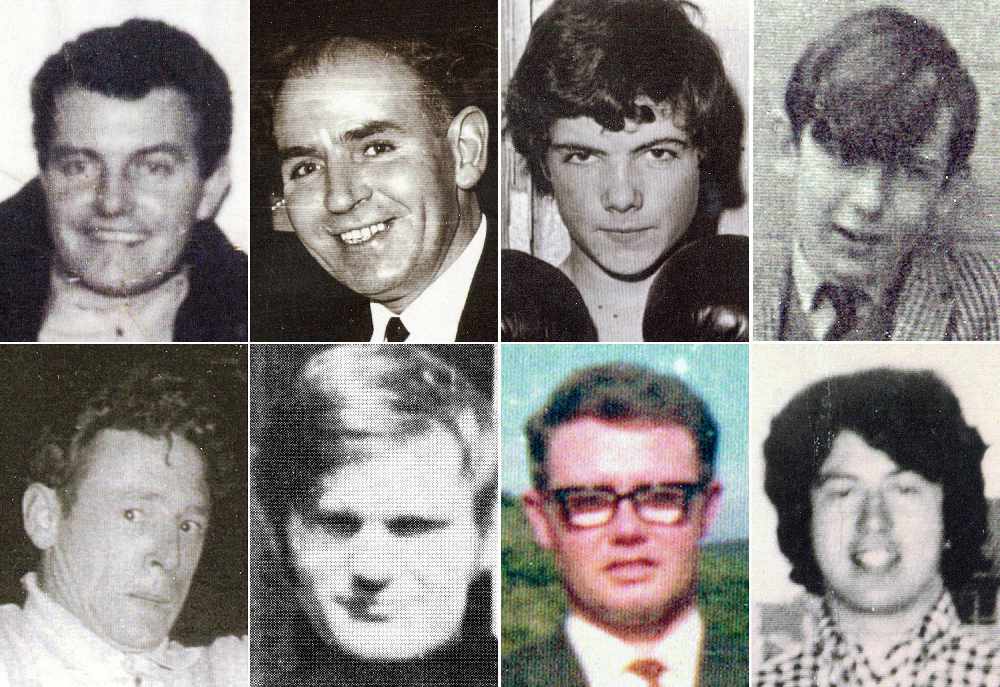
Northern Ireland’s deputy First Minister Michelle O’Neill said it was a “bad day for justice”.
“We will continue to stand by the Bloody Sunday and Hegarty families,” she tweeted.
This is a bad day for Justice.
— Michelle O’Neill (@moneillsf) July 2, 2021
The message is clear, British state forces who gunned down peaceful protestors and a child in Derry acted with impunity and will be allowed by the state to get away with murder.
We will continue to stand by the Bloody Sunday and Hegarty families
SDLP leader Colum Eastwood has described today’s announcement over the halting of the prosecution of two former soldiers as “bitterly disappointing”.
The Foyle MP said the families of Daniel Hegarty, James Wray and William McKinney have been “badly let down on too many occasions”. “This is devastating news today.
Devastating for the Bloody Sunday families and the family of Daniel Hegarty who have placed their faith in process after process only to be let down badly as they seek justice and accountability for the murder of their loved ones,” he said.
“The Bloody Sunday families and Daniel Hegarty’s family have been through worse days than this and they have marched on with dignity, decency and pride. “The people of Derry have stood with them on every step of their long march toward justice, we’re with them today and we’ll be with them until the end.
“The SDLP will continue to stand with them in the next phase of this campaign. This is not over.”
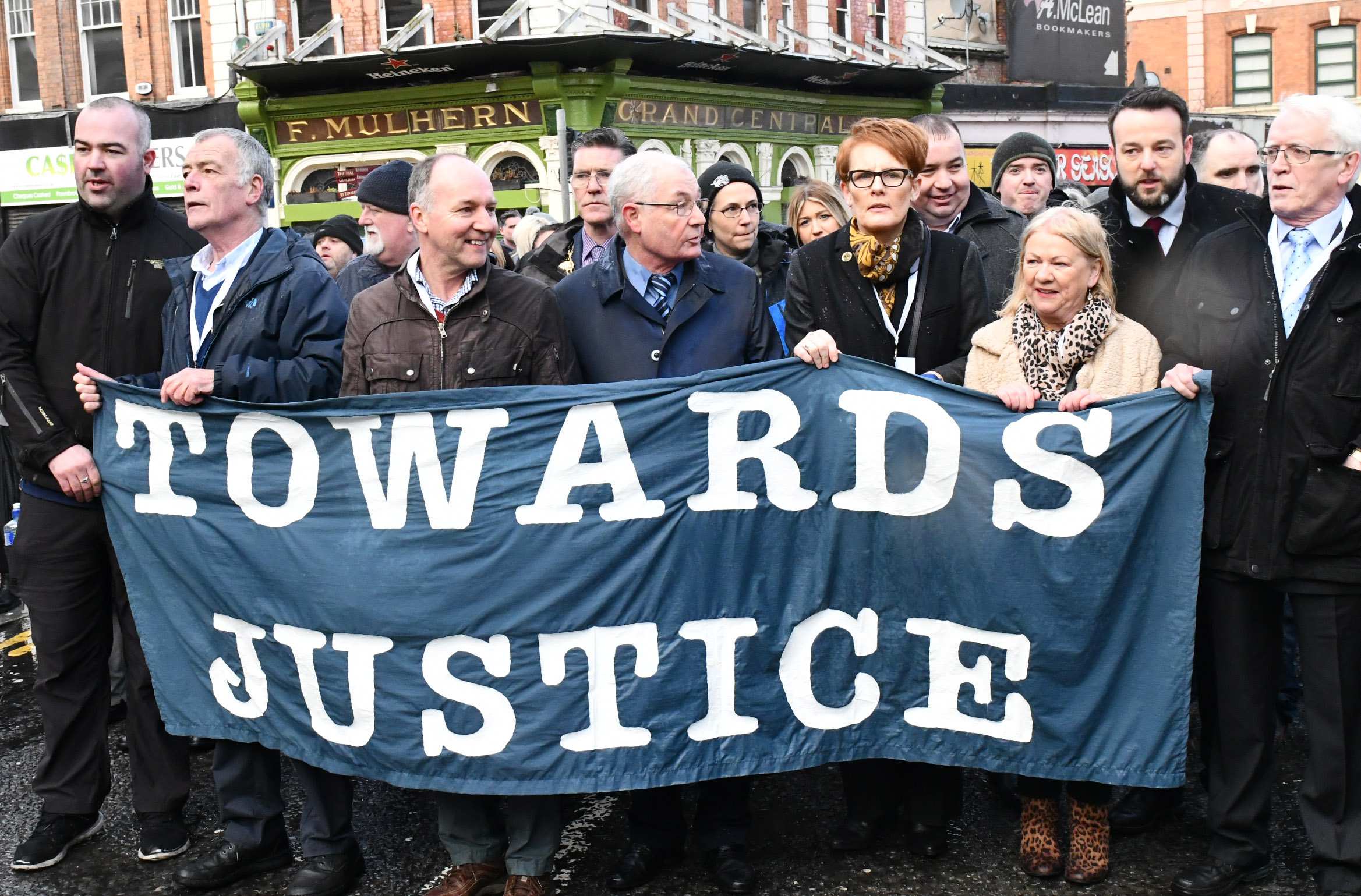
Northern Ireland’s Director of Public Prosecutions Stephen Herron and deputy director Michael Agnew were in Londonderry on Friday to inform victims’ families of the decisions to stop prosecutions.
Afterwards, the senior lawyers issued statements outlining why the prosecutions were halted.
Mr Herron said: “I recognise these decisions bring further pain to victims and bereaved families who have relentlessly sought justice for almost 50 years and have faced many set-backs. It is clear to see how these devastating events in 1972, in which the families involved lost an innocent loved one, caused an enduring pain which continues to weigh heavily.
“The PPS has a duty to keep prosecution decisions under review and to take into account any change in circumstances as a case proceeds. The impact of this court ruling (Justice O’Hara ruling in Joe McCann case) on these two cases was considered extremely carefully by my office with the assistance of advices from senior counsel. That led to the conclusion that a reasonable prospect of conviction no longer existed in proceedings against both Soldier B and Soldier F. In these circumstances, the prosecutions cannot proceed.
“It is the role of a prosecutor to look at evidence and complex legal matters in an independent and impartial way, as happened in these reviews.
“This core duty to remain objective in all decision-making does not hinder us from recognising the extreme distress caused by these decisions today. We know that deep upset extends not just to the families and survivors we met with, but also to many in the wider community.
“In both cases, I would like to emphasise that this outcome does not undermine previous findings that those killed and injured in these tragic incidents were entirely innocent.
“The prosecution teams appreciated the opportunity to meet with those directly affected by the discontinuance of these proceedings. As difficult as this news clearly was for them to hear, it was important to us to be there in person to explain in detail the reasons which led to the decisions.
“Legacy cases come with many challenges, particularly when they involve events which happened almost five decades ago and were not properly investigated at the time. It is particularly relevant in these two cases that contemporaneous accounts were obtained in circumstances that involved a denial of legal safeguards.
“The most formidable challenges in bringing modern day prosecutions in relation to legacy matters often come from issues that can be traced back to the original investigation.”
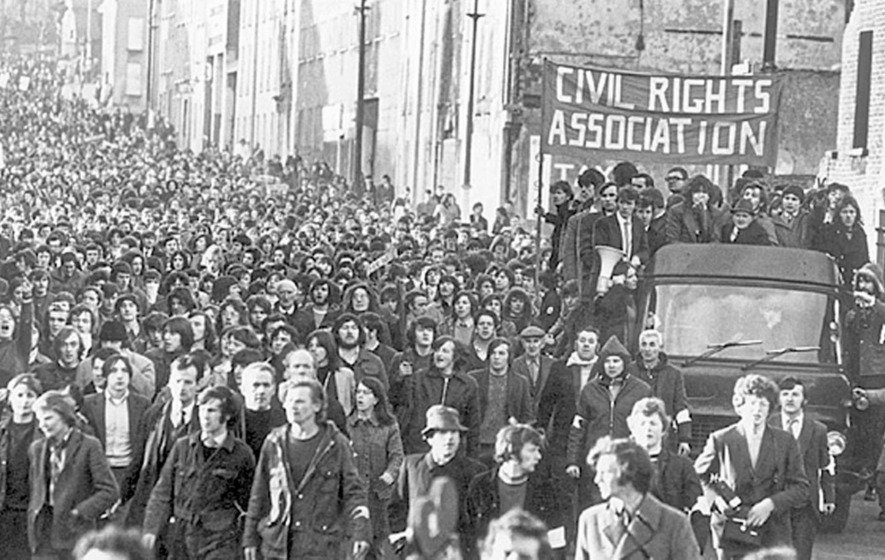
Mr Agnew said: “Along with the director, I recognise what a painful day this is for the families and survivors we met with.
“As upsetting as this outcome is for them, I can assure the public that these decisions were taken only after a most careful consideration of all relevant legal matters by a team of experienced and senior prosecutors. All decision making was independent, impartial and conducted fully in line with the PPS Code for Prosecutors.
“The Test for Prosecution involves a judgment as to how a prosecution will fare in the context of the adversarial trial process, and of the likely outcome.
“It was always recognised there were significant evidential challenges in both these cases. However, the ruling in the case of Soldiers A and C provided insight as to the way courts will view attempts to use compelled statements from 1972, or evidence in some way derived from them, in a criminal trial.
“We carefully considered how the ruling affected the analyses we previously undertook in the cases of Soldier B and Soldier F as to the prospects of conviction.
“Whilst the circumstances of the two cases were different, and they were considered individually, in both it was concluded that there was no longer any reasonable prospect of conviction, and accordingly the Test for Prosecution was no longer met.”
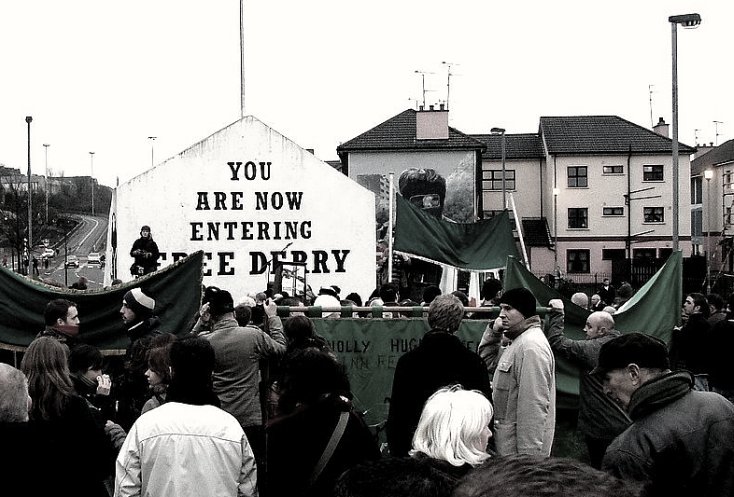


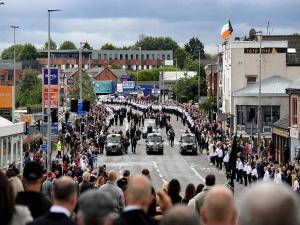 Investigation into ‘missing’ notes from key Executive meeting
Investigation into ‘missing’ notes from key Executive meeting
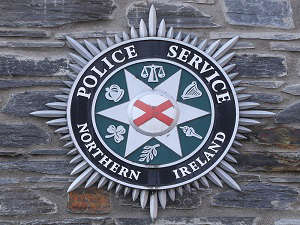 Teenage girl killed in road crash named as Kamile Vaicikonyte
Teenage girl killed in road crash named as Kamile Vaicikonyte
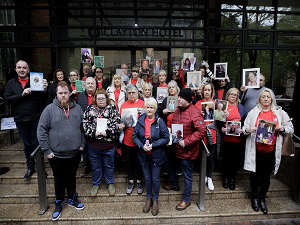 Covid-19 inquiry ‘an opportunity for candour’ from Stormont leaders
Covid-19 inquiry ‘an opportunity for candour’ from Stormont leaders
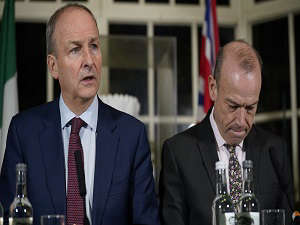 UK and Irish ministers to meet amid row over migration
UK and Irish ministers to meet amid row over migration
 Three men set to go on trial for murder of journalist Lyra McKee
Three men set to go on trial for murder of journalist Lyra McKee